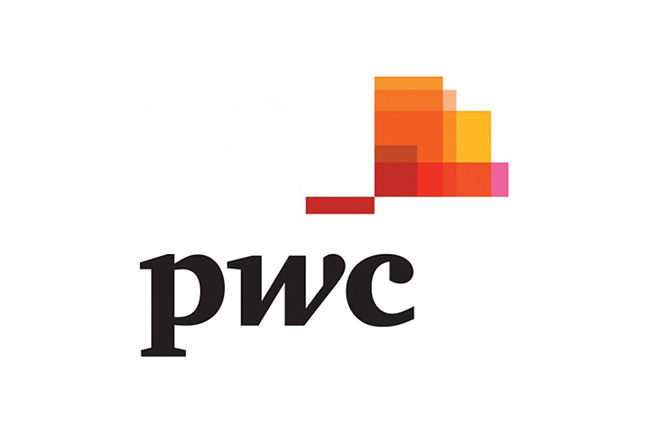PwC today launched the latest Middle East Economy Watch, ‘The GCC rethinks expats and tax as it looks beyond COVID-19’. Considering the changes faced in the region over the last year, this issue looks at two trends in the GCC which predate the crisis but have been amplified by it, as diversification becomes more important than ever: expats and taxation.
Residency reforms underway
Labour reform developments in the GCC are indicative of a broader trend of rethinking the roles and rights of expatriates, who were long assumed to be temporary residents in a transitional phase of development. As Governments look ahead to transform the region and create new avenues of growth, opportunity and resilience, the value of talented and wealth-creating expats should not be ignored.
Richard Boxshall, Middle East Senior Economist at PwC Middle East said: “As the region looks to diversify, it is better appreciating the value of expats as entrepreneurs, investors, consumers and, increasingly, as taxpayers. These changes in residency and labour rights have attracted and retained high-value expats, while at the same time improving the business environment. We expect these long-term residency schemes to continue being a major development in the coming years as we look to attract, and retain, the world’s top talent and investors.”
Qatar was the first to launch the long-term residency scheme in 2018, followed by Saudi Arabia in 2019 and the United Arab Emirate’s with its Golden Visa, which is available to select investors and talent from around the world.
Although the GCC has generally been a no tax, or very low tax zone, the tax environment is now changing rapidly, spurred by the challenge of lower oil prices since 2015 and by a growing appreciation, particularly over the last year, that the clean energy transition requires a rethink of the region’s model. Efforts to diversify both economies and public finances are finally beginning to make progress, but the challenge is to prevent those two objectives from working against each other.
A majority of the tax increases since 2017 have come from VAT, applied so far in three countries, and from so called “sin tax” excise duties, applied everywhere but Kuwait. Together, VAT and excise tax raised around $24 billion, more than a quarter of the total tax revenues in 2019. The tripling of VAT in Saudi Arabia in July 2020 and the launch of VAT in Oman in April should see the take double again to about $47 billion in 2021, nearly half of all GCC taxation. The other major increase has come from Saudi Arabia’s expat levies, phased in since 2017, which raised approximately $15 billion in 2019 alone.
Boosting the tax take is a high priority, particularly for the countries with the least fiscal space and reserves, such as Oman, Bahrain and, to a lesser extent, Saudi Arabia. However, there are risks that the increasing cost and complexity of taxes could weigh on local businesses, particularly during this difficult period of recovery from the pandemic, impeding efforts to attract foreign investment to help move economies beyond oil, and potentially generating social discontent.
One response has been to grant temporary exemptions. Most GCC states offered these during 2020, particularly to firms in the sectors most affected by local lockdowns. Even before the pandemic, Saudi Arabia was providing exemptions for manufacturing firms and small-to-medium enterprises to the burdensome expat levy. Short-term exemptions are beneficial, but businesses also need longer-term predictability to facilitate investment and risk-taking.
Mark Schofield, Middle East Tax and Legal Services Leader, added: “With careful design, tax policies can be used to encourage positive outcomes and can potentially provide a win for revenue generation, a win for cost of collection and, importantly, a win for competitiveness.”


COMMENTS